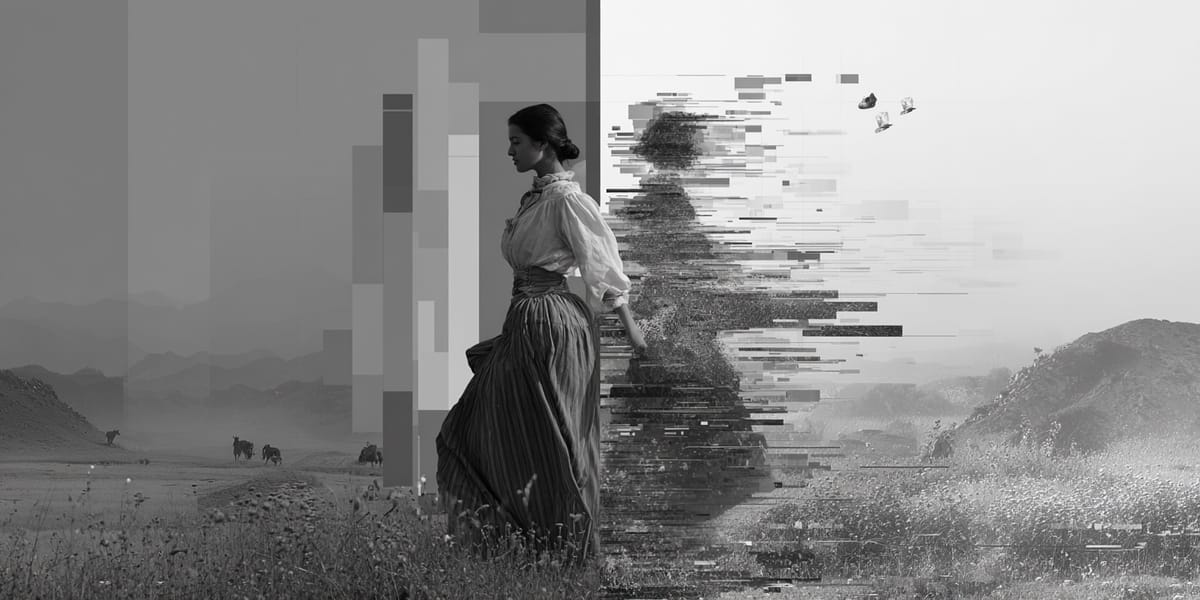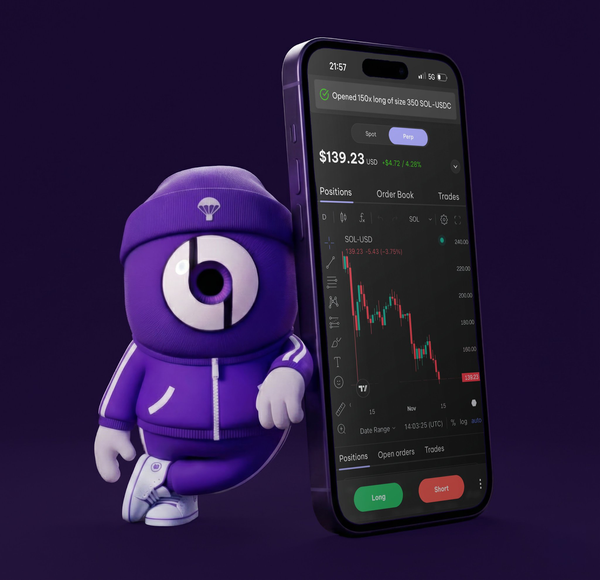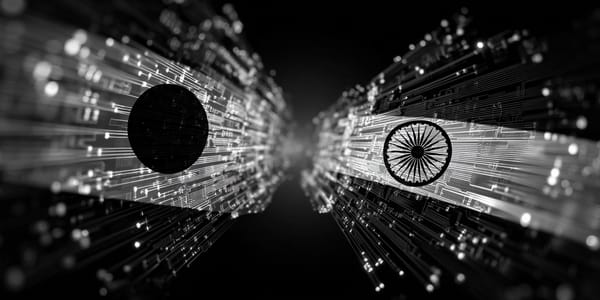OpenAI Announces Copyright Controls for Sora Video Generator

OpenAI CEO Sam Altman announced Friday that the company will introduce copyright controls for its Sora video generation app. According to TechCrunch, the changes will give rights holders control over how their characters appear in user-generated videos. The announcement follows widespread creation of videos featuring copyrighted characters like Pikachu and SpongeBob since Sora's launch Tuesday.
The new system will operate on an opt-in basis. Studios and rights holders must grant permission before users can generate videos with their copyrighted characters. Altman wrote that many rights holders expressed interest in this "interactive fan fiction" approach but want to specify usage terms. The company will also explore revenue sharing models with rights holders whose characters appear in videos.
Sora reached the top of Apple's App Store charts within days despite being invite-only. The app allows users to create short videos from text prompts and features a "cameos" function. Users can upload their biometric data to insert their likeness into videos.
Legal Risks and Expert Opinions
The copyright issue presents serious legal exposure for OpenAI. CNBC reports that Stanford Law School professor Mark Lemley warned the company faces potential lawsuits. "A lot of the videos that people are going to generate of these cartoon characters are going to infringe copyright," Lemley stated. He noted that losing control over what copyrighted characters do and say creates problems for rights holders.
OpenAI maintains a copyright disputes form for takedown requests. The company responds to reports of infringement submitted directly through the app. Varun Shetty, OpenAI's head of media partnerships, told CNBC the company will block characters at rights holder request. However, Altman acknowledged some infringing content may slip through the filters.
The shift from opt-out to opt-in represents a response to Hollywood pressure. Disney reportedly opted out immediately after Sora's launch. Users have created videos showing copyrighted characters in scenarios that could damage brand value or misrepresent intellectual property.
Industry Precedent and Competitive Landscape
The entertainment industry already launched major legal battles against AI image generators. Disney and Universal sued Midjourney in June 2025 for copyright infringement. CNN reported this was the first time major Hollywood studios sued an AI company. The lawsuit calls Midjourney a "virtual vending machine" that creates unauthorized copies of copyrighted works.
Warner Bros joined the legal fight in September 2025 with its own lawsuit against Midjourney. The Motion Picture Association supported these actions, with Chairman Charles Rivkin calling copyright protection "the backbone of our industry." Disney's chief legal officer Horacio Gutierrez stated: "Piracy is piracy, and the fact that it's done by an AI company does not make it any less infringing."
AI companies typically train models on vast amounts of internet data without explicit permission. Most publicly available AI models use large repositories of images and video scraped from across the web. This practice has triggered lawsuits from authors, musicians, news organizations, and visual artists who claim their work trains tools that could replace them.
The legal landscape remains unsettled. Courts must determine whether AI training constitutes fair use under copyright law. Billion-dollar AI companies built their businesses assuming they could use copyrighted material for training purposes. The outcome of current lawsuits will shape how AI platforms handle creative rights going forward.
Further Reading
For deeper insights into global adoption trends and regulatory frameworks surrounding alternative digital systems, our Alternative Financial Systems Index tracks adoption metrics and compliance developments across 50 countries. The index provides analysis of how emerging technologies interact with existing legal and financial structures worldwide.




